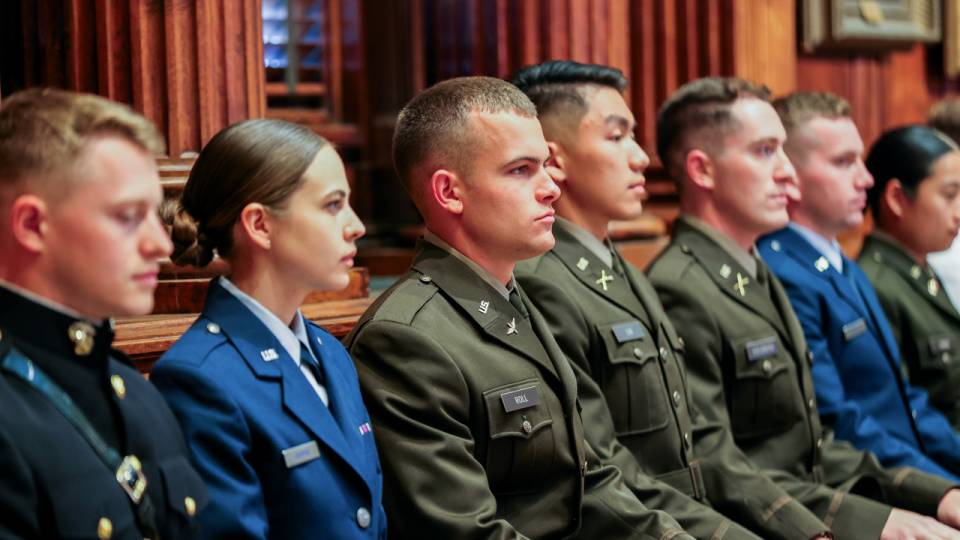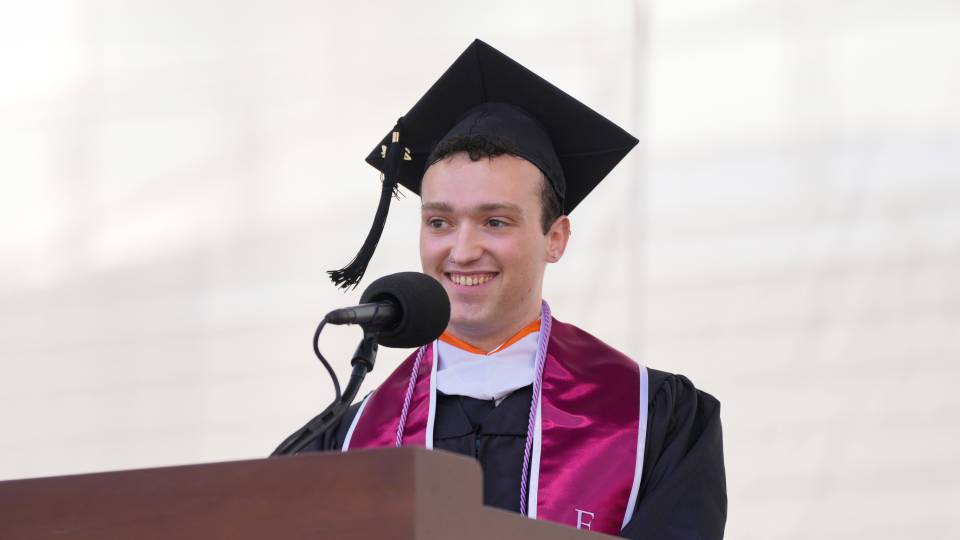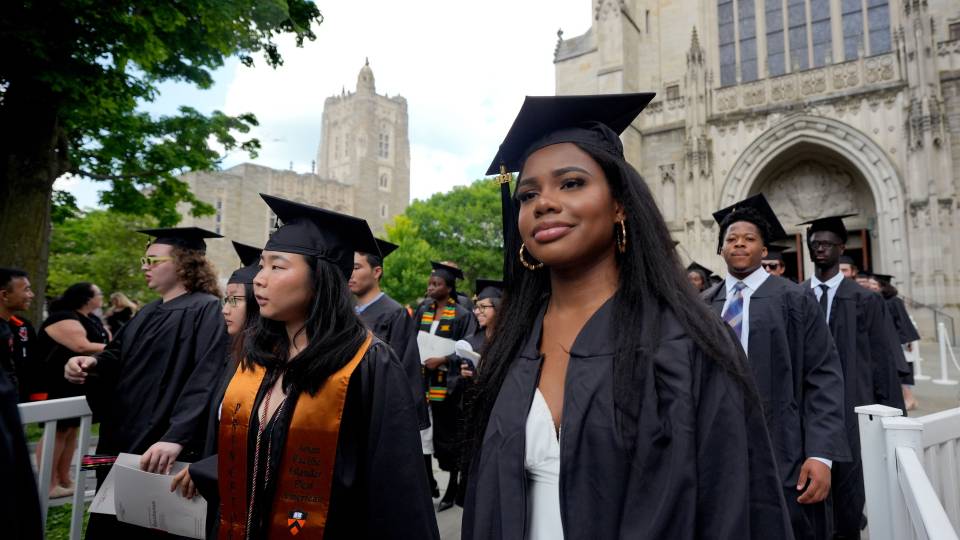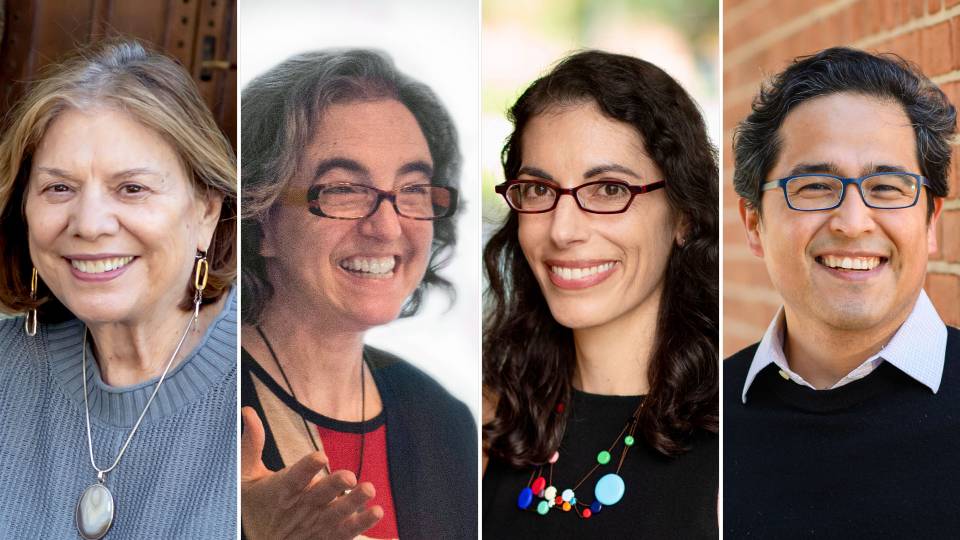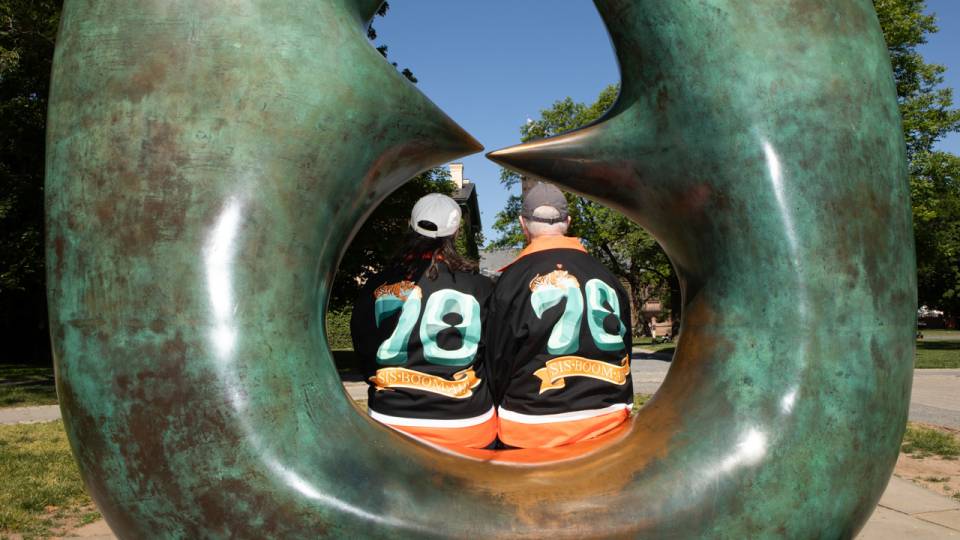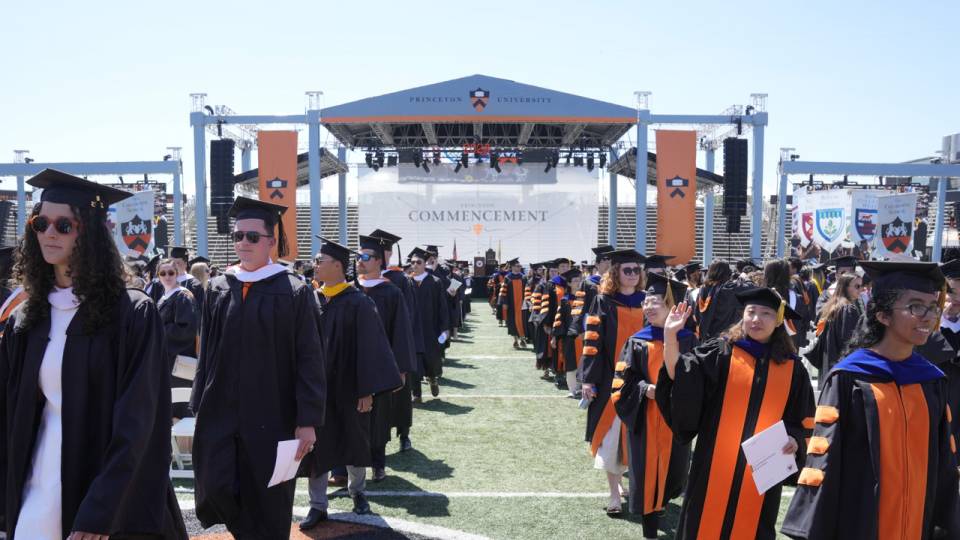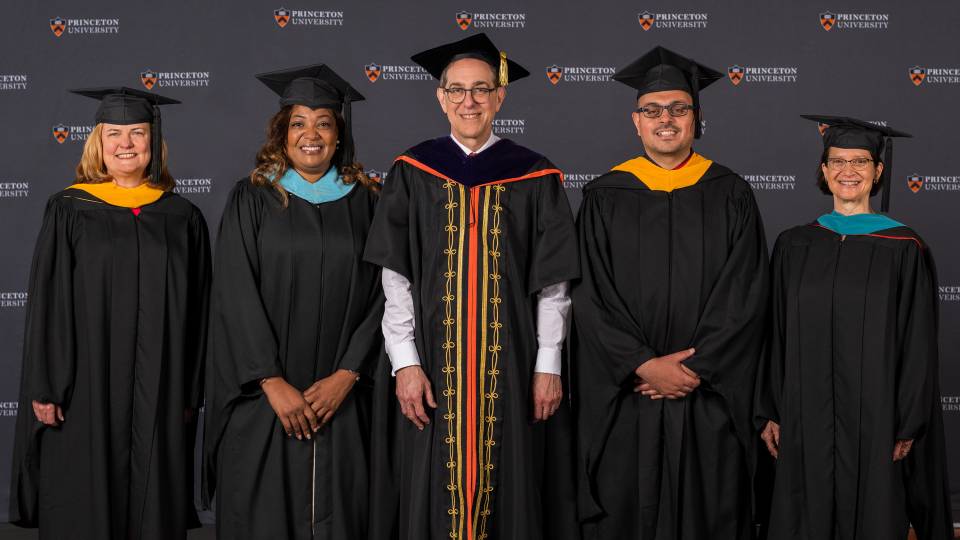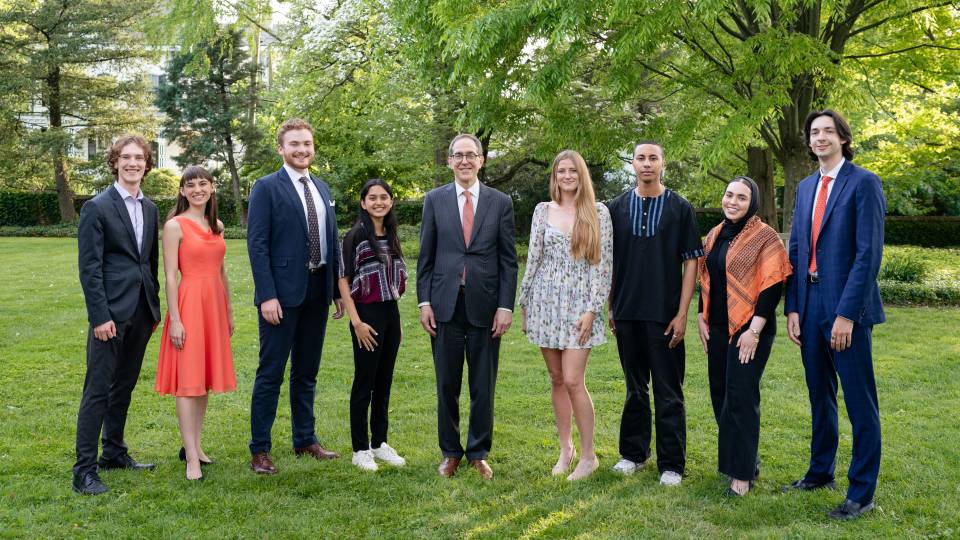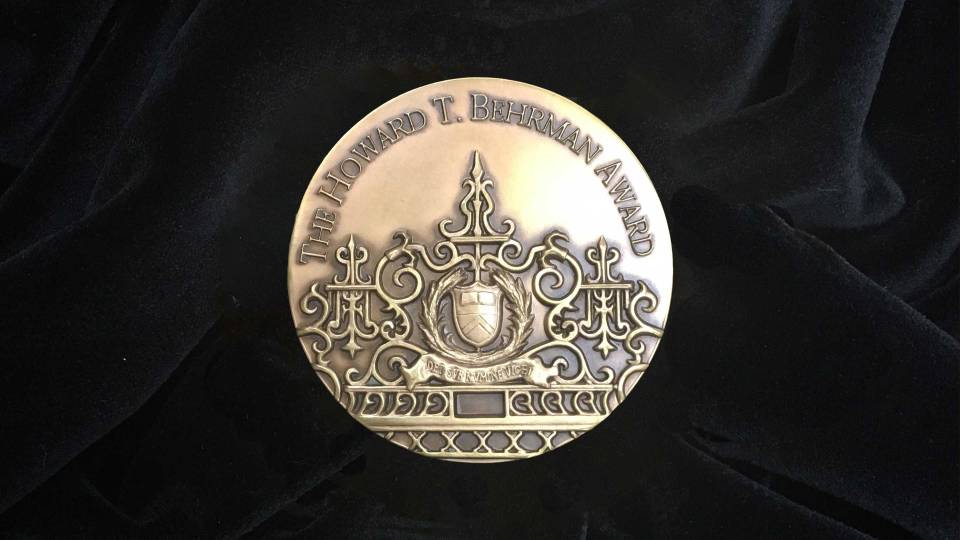--As prepared--
Good morning, everyone. It is hard to believe that this day has finally come. I would like to start by acknowledging all of the people who have made this moment possible. Thank you to the faculty, for sharing your expertise, believing in us, and inspiring us. Thank you to the staff for keeping Princeton operational and Princeton students fed. We truly could not be here today without your important work. Thank you to our families and loved ones, who have put their hearts and souls into raising us and supporting us as we have navigated Princeton. I would also like to extend a special thank you to those individuals, whoever they may be, who inspired us to learn.
Throughout my life, I have always incessantly asked questions. Everywhere I went and everything I did, I constantly had a question mark on my lips. Whether I was chatting with family and friends or checking out at the grocery store, there was always something that I wanted to ask. Unsurprisingly, my affinity for asking questions extends to the classroom. In my sixth-grade history class, I asked so many questions that, for the sake of time, my teacher limited me to asking a mere three questions per class. I, of course, got around this restriction by slipping my friends the questions I wanted to ask on pieces of notebook paper.
No such high-stakes note-passing is necessary at Princeton. In my experience, a defining feature of the University is that it encourages us — if not demands us — to ask questions. For questions lie at the heart of learning.
I am well aware that those of us who are graduating today have had vastly different experiences at Princeton. Some of us, myself included, have thoroughly enjoyed our time here and will look back on it fondly for years to come. Others have a more complicated or ambivalent relationship to their time as undergraduates. We have participated in different student groups, worked different jobs, and traveled to different cities over breaks. Simply put, there is no such thing as a singular, universal “Princeton experience.” For this reason, there is nothing that I can say here today that will accurately reflect each of our times at Princeton or that will be equally meaningful to us all. But I can offer a few words of reflection about something that I do believe has characterized all of our paths through the University, namely the opportunity to learn.
Learning is a defining feature of our time as undergraduates. This is so self-evident that we sometimes forget to appreciate this fact. Princeton’s busy, dynamic semesters leave little room for reflection on why we are on campus in the first place: to learn.
Commencement gives us an opportunity to celebrate just how much we have learned over the last four years. We have learned about a diverse array of academic disciplines in lectures, seminars, precepts and labs. We have deepened that learning by engaging with our professors and preceptors outside of class. In fact, some of the most important learning that happens at Princeton takes place outside of the classroom. We have learned so much simply by forming friendships, getting to know each other and asking each other questions. These past four years of learning have, of course, equipped us with the knowledge and tools necessary to think critically, participate in intellectual debate and excel in our respective fields of work. Importantly, these past four years of learning have also taught us about ourselves. I hope that each and every one of us leaves Princeton with a new or reinforced sense of our values, priorities and dreams.
My fellow members of the Class of 2024, be proud of what you have learned. But never take it for granted. As Princeton students, many of us are very aware that receiving a Princeton education is an incredible privilege. The reality that we are studying at Princeton, however, can make it easy to forget that receiving an education at all is an enormous privilege. As one of the roots of empowerment, education helps us enact positive change in the world, from creating life-saving medical treatment to inspiring anti-colonial struggle. It is no surprise that those in power have historically sought to deny education to those they oppress, and that school and university curricula are even now the topic of such intense debate. Education gives us the power to challenge injustice.
Although our time at Princeton has come to an end, what we have learned as undergraduates will always be a part of us. No one can ever take our education away from us. In the coming months and years, many of us will ask ourselves: “How do I pay my Princeton education forward?” My personal answer is to be a lifelong learner and to share the knowledge you gain. Wherever you are and whatever you do, do not stop learning. For when we stop learning, we stagnate. Never forget that those around you always have something to teach you. And, most importantly, always ask tough questions, because systems and institutions that cannot withstand the scrutiny of tough questions must be made better.
With that, Class of 2024, I leave you. Congratulations, and never stop learning!

